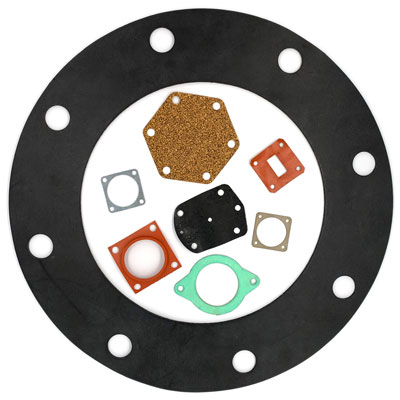Maintaining a clean and hygienic environment in commercial kitchens is paramount for ensuring food safety and operational efficiency. With the potential for foodborne illnesses and the need for compliance with health regulations, implementing effective deep cleaning solutions is essential. This article will explore various strategies and practices that can help commercial kitchens achieve high standards of cleanliness and hygiene.
Understanding the Importance of Deep Cleaning
Deep cleaning goes beyond regular cleaning routines. It involves a thorough cleaning of all surfaces, equipment, and appliances to eliminate grease, grime, and bacteria that can accumulate over time. Regular deep cleaning helps in:
- Preventing Cross-Contamination: Keeping surfaces sanitized reduces the risk of foodborne illnesses.
- Extending Equipment Life: Regular maintenance through deep cleaning can prolong the lifespan of kitchen equipment.
- Enhancing Performance: Clean kitchens operate more efficiently, leading to better food preparation and service.
- Improving Employee Morale: A tidy environment boosts staff satisfaction and productivity.
Key Areas to Focus on During Deep Cleaning
When planning a deep cleaning session for a commercial kitchen, certain areas require special attention:
| Area | Cleaning Frequency | Recommended Solutions |
|---|---|---|
| Cooking Equipment | Weekly | Degreasers, Non-toxic cleaners |
| Walls and Ceilings | Monthly | Steam cleaners, Scrubbing pads |
| Floors | Daily | Industrial mops, Floor scrubbers |
| Refrigerators and Freezers | Monthly | Food-safe cleaning solutions |
| Ventilation Systems | Quarterly | Professional duct cleaning services |
Effective Deep Cleaning Solutions
Here are some effective deep cleaning solutions tailored for commercial kitchens:
1. Eco-Friendly Cleaning Agents
Using eco-friendly cleaning products not only ensures a safe environment for food preparation but also reduces the risk of chemical contamination. Look for biodegradable cleaners that are tough on grease yet gentle on the environment. These products can effectively clean surfaces without leaving harmful residues.
2. High-Pressure Steam Cleaning
High-pressure steam cleaning is an efficient method for deep cleaning various kitchen surfaces. The high temperature of steam effectively kills bacteria and loosens grease, making it easier to wipe away. This method is ideal for equipment like ovens, grills, and fryers, as it sanitizes while minimizing the use of harsh chemicals.
3. Floor Scrubbing Machines
Investing in industrial floor scrubbing machines can significantly enhance the cleanliness of kitchen floors. These machines can remove stubborn stains and grease build-up, ensuring a safe and slip-free working environment. Regular use can prevent the accumulation of dirt that can harbor bacteria.
4. Professional Cleaning Services
For more extensive deep cleaning tasks, consider hiring professional cleaning services. These experts have specialized training and equipment to tackle deep cleaning challenges. They can also provide a thorough cleaning of hard-to-reach areas like ventilation systems, ensuring compliance with health regulations.
Creating a Deep Cleaning Schedule
Establishing a comprehensive deep cleaning schedule is crucial for maintaining hygiene in commercial kitchens. Here’s a suggested schedule:
- Daily: Clean and sanitize countertops, cooking equipment, and floors.
- Weekly: Deep clean cooking equipment and kitchen tools.
- Monthly: Clean walls, ceilings, refrigerators, and freezers.
- Quarterly: Conduct a thorough deep cleaning of the entire kitchen, including ventilation systems.
Training Staff on Deep Cleaning Practices
To ensure the effectiveness of deep cleaning efforts, it is essential to train staff on best practices. Provide regular training sessions that cover:
- The importance of hygiene and cleanliness in food preparation.
- Proper use of cleaning agents and equipment.
- Safety protocols to follow during deep cleaning.
Conclusion
Implementing effective deep cleaning solutions in commercial kitchens is vital for maintaining high hygiene standards and ensuring optimal performance. By focusing on key areas, utilizing the right cleaning methods, and establishing a consistent cleaning schedule, commercial kitchens can create a safe environment for food preparation. Investing in training and professional services further enhances these efforts, leading to improved food safety and staff morale.





